Reigniting lost hope in Nigeria
“I was invited to attend victim support and stigma prevention dialogue sessions because they were looking for youth leaders. There, we were encouraged to stop stigmatising those returning from Boko Haram captivity and were told that our actions risked instigating violence.
I did not agree with the message, as I believed that the survivors were as much guilty as Boko Haram, so I stood up and left,” recalls Hassan, a 35-year-old youth leader from Goidangari, Bama, who took part in International Alert’s sessions in northern Nigeria.
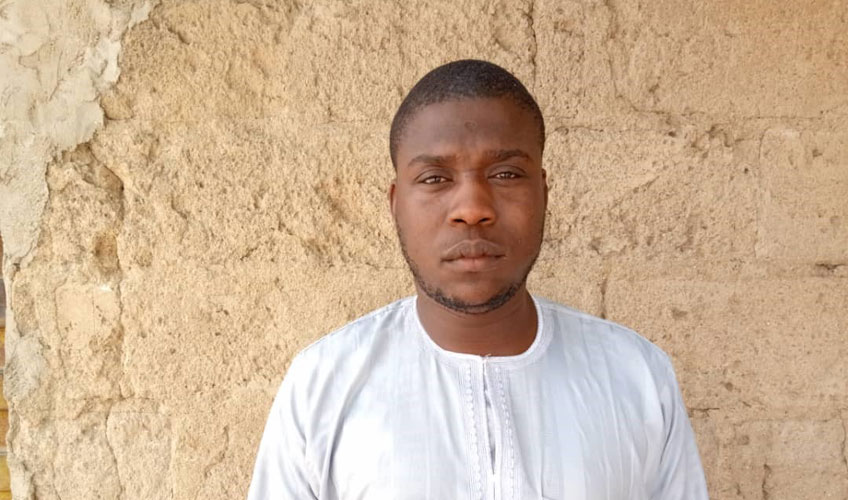
This region and its people have been affected by widespread violence and displacement since 2009, when the Boko Haram insurgency started.
Women and children have borne the heaviest brunt of the conflict. Thousands have been held captive, raped and forced into marriage with Boko Haram fighters, or had to flee their homes due to the fighting with government troops. Many have given birth to children from these repeated rapes. When they return home from captivity, their ordeal isn’t over; they are stigmatised and rejected by their own families and communities.
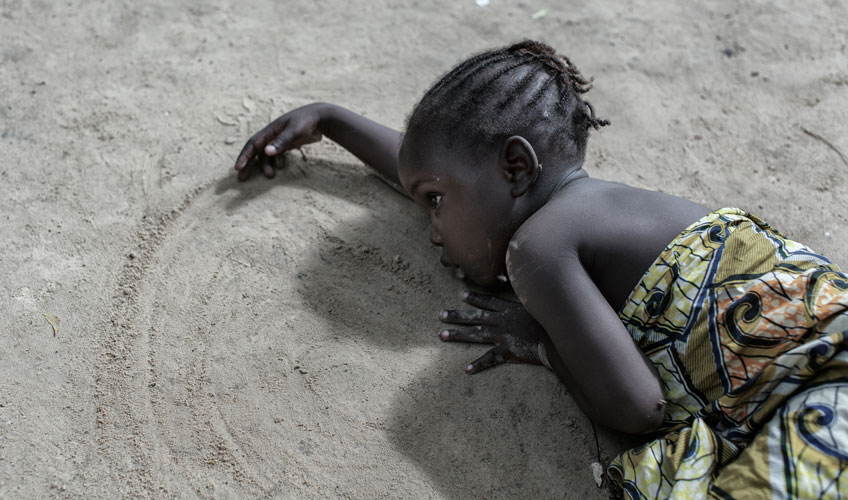
Hassan was visited by the Bulama and Lawan (local chiefs) and encouraged to attend more sessions, but he kept refusing. Then one day, after morning prayers, the Bulama approached him again. Hassan recalls: “He told me to come to the session again and, if I still was not convinced by the end, he would leave me alone. At the session, the facilitator asked how we would feel if we were rejected after our rescue.” After that, his perception towards Boko Haram survivors shifted. He realised the harmful effect discrimination and rejection was having on them. He apologised to the survivors and resolved to draw them closer into the community.
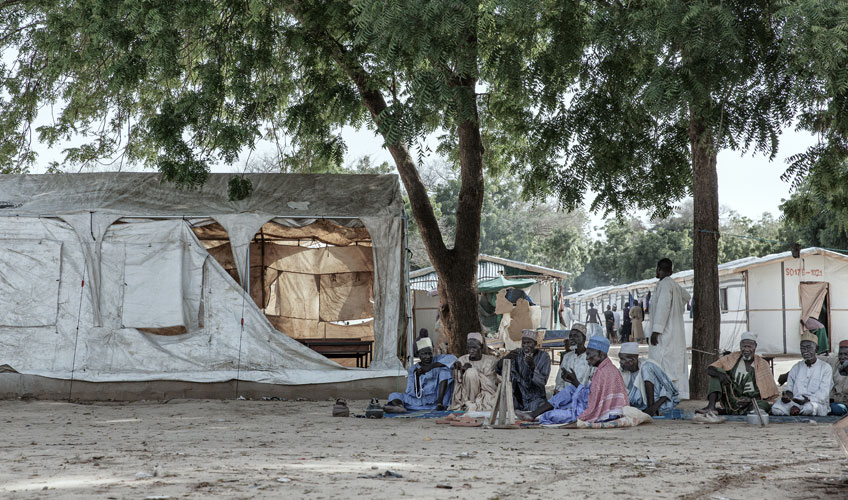
Previously, those who had been in Boko Haram captivity were ridiculed by all of us. They were objects of scorn and we did not want anything to do with them. We even used to refuse to sell them food. They used to hide from us and send their children if they wanted anything from the shop. But things are better now.
“We have accepted them, and we are united. They can walk into any shop and buy whatever they want. Shopkeepers are even offering gifts (sweets or biscuits) to their children,” adds Hassan.
Since 2017, together with our local partners, we have reached over 19,000 people, including women and girls, youth and religious leaders, community members and local government officials. Our focus has been to ensure that survivors are seen not just as victims but as key players in their own recovery.
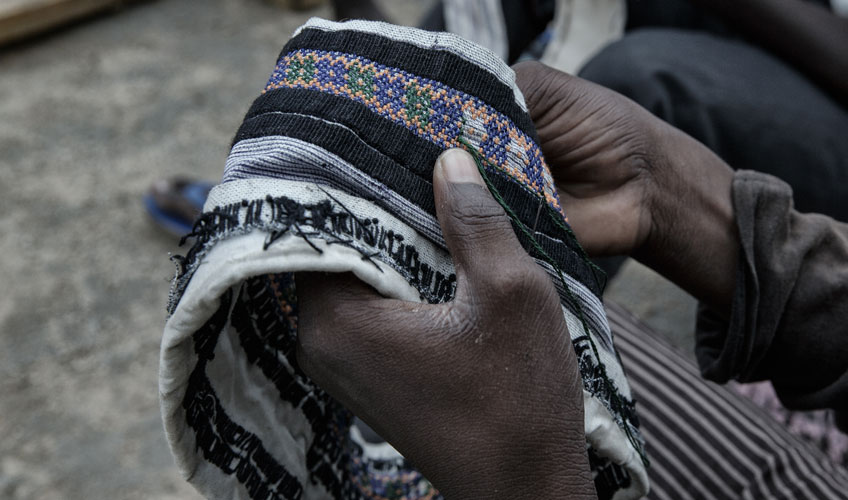
We have empowered women and girls to take back control of their lives and contribute to rebuilding their communities. And we have supported the most vulnerable in setting up businesses and small-scale indicatives – such as cap knitting, spaghetti making and charcoal trading – allowing them to make a living, gain independence and support their families.
By December 2018, 1,525 people had received support for small-scale initiatives. Dooma was one of them. She is a 21-year-old who was abducted by Boko Haram insurgents as a young girl, shared among fighters and then eventually forcibly married. When she arrived at a displacement camp in Barma, she faced rejection and suspicion from community members, and struggled to make a living. Dooma attended Alert’s sessions and received a spaghetti-making machine. She tells us:
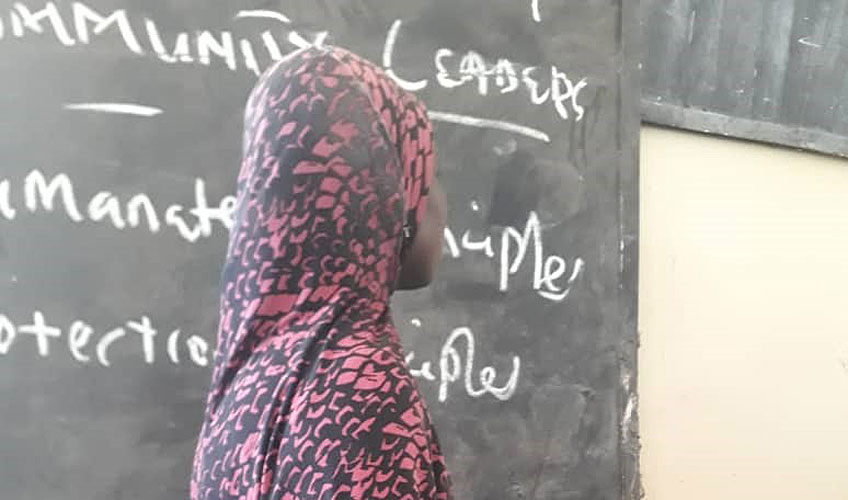
I feel at ease at Alert’s sessions. When I came earlier, I didn’t have the esteem and courage to mingle … Today, I am an example to others, and I try to use my experience to enlighten those who discriminate against survivors and returnees like me.
Many women and girls said that their businesses had decreased their dependency on others, instilled in them a sense of self-worth and fulfilment, and improved their interaction with the community.
“I will give you an example: some of the women and girls have been helped to start small businesses, and now those of us who once refused to sell things to them are having to go to their shops or stalls for things that we need. We are going to their weddings, baby-naming ceremonies and funerals. The transformation has been immense,” says Hassan cheerfully.
Watch this short video based on the incredible stories of the women and girls who are working hard to rebuild lives after escaping Boko Haram captivity:
About the project
‘Supporting vulnerable communities and conflict-sensitive reintegration in northeast Nigeria’ was a project to help reintegrate survivors of sexual violence by Boko Haram as well as support people internally displaced by the conflict.
International Alert Nigeria worked in three camps for internally displaced people and one host community in Maiduguri, and another community in nearby Bama, to help those affected by the violence reintegrate back into society and move forward with their lives.
This included holding victim support and family dialogue sessions – especially women, girls and children, running public awareness campaigns on stigma reduction, and training local leaders on peacebuilding and non-violent conflict resolution.
Alert worked on this project with the following local partners: Federation of Muslim Women’s Associations in Nigeria (FOMWAN), Health Care Development Focus Initiative (HECADF), Herwa Community Development Initiative.






